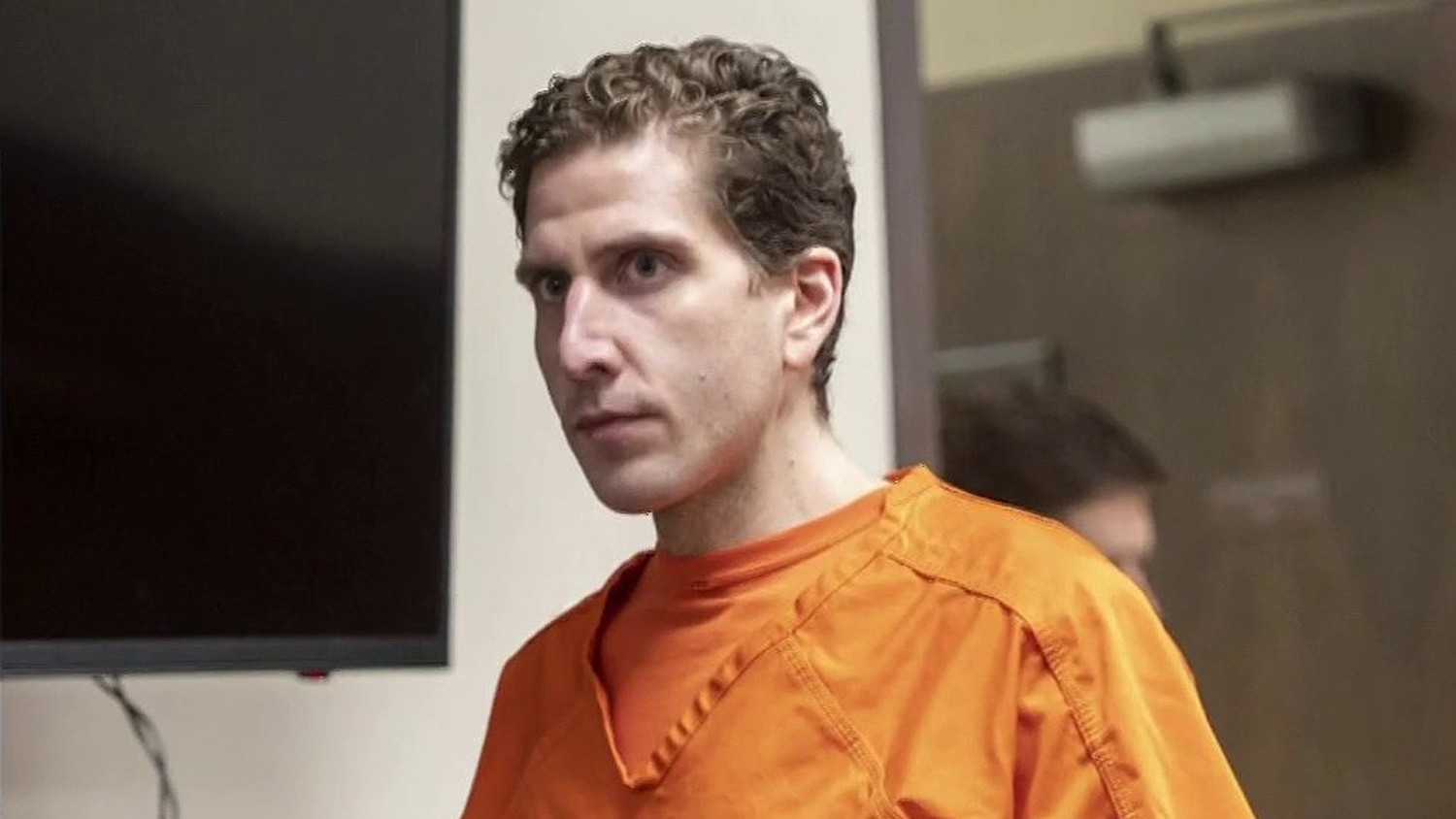
Bryan Kohberger Pleads Guilty in Idaho Murders, Avoids Death Penalty
So, something huge just happened in the case that gripped the entire nation—the Idaho student murders. After almost three years of mounting anticipation, Bryan Kohberger, the man accused of brutally killing four college students, has finally pleaded guilty in court. And yes, it’s official now—he admitted to the murders as part of a plea deal to avoid the death penalty.
Kohberger, a 30-year-old criminology PhD student at Washington State University, was initially set to go on trial this August for the 2022 killings of Kaylee Goncalves, Madison Mogen, Xana Kernodle, and Ethan Chapin in their off-campus home in Moscow, Idaho. It was one of the most disturbing and publicized cases in recent years, not only because of the brutality, but because of how calculated it seemed—and who the suspect turned out to be.
Also Read:- South Park Season 27 Premiere Delayed But Promises Mayhem and Laughter
- Diddy Acquitted on Major Charges, But Faces Prison for Prostitution Convictions
In a Wednesday court appearance, Judge Steven Hippler confirmed that Kohberger waived his right to appeal or seek leniency. When asked if he was pleading guilty because he truly was guilty, Kohberger simply responded, "Yes." And just like that, with little visible emotion, he admitted to one count of burglary and four counts of first-degree murder. He’ll be sentenced later this month, and it's expected he’ll spend the rest of his life in prison without the possibility of parole.
But this plea deal? It’s sparked intense controversy. The victims’ families are split. Kaylee Goncalves’ father, Steve, is furious. He called the deal a betrayal and said the state "made a deal with the devil." He and other family members say they were barely consulted, and they wanted a full trial—more answers, a confession in full detail, and a shot at justice that felt more complete. On the other hand, Madison Mogen’s parents expressed relief. They said the plea gives them closure and helps them begin to move forward.
It’s important to understand that while victims' families can voice their thoughts, they don’t actually get to decide what happens legally. Prosecutors ultimately make those calls, and in this case, they likely wanted to avoid the trauma of a trial. There were reportedly disturbing crime scene photos and intense evidence that many would’ve had to relive in court.
For context, Kohberger was arrested weeks after the murders at his family home in Pennsylvania. He was linked to the crime by DNA left on a knife sheath and surveillance footage that placed him near the scene. Yet despite the evidence, he pleaded not guilty for months. His defense even tried to argue that his autism diagnosis should remove the death penalty option, but that argument didn’t hold. This plea deal is what changed the course of everything.
So here we are. No trial. No jury. Just a quiet courtroom and a man finally admitting to something that tore families apart and horrified an entire country. There’s closure, sure—but also lingering pain, unanswered questions, and for some, a sense that justice still hasn’t been fully served.
Read More:



0 Comments